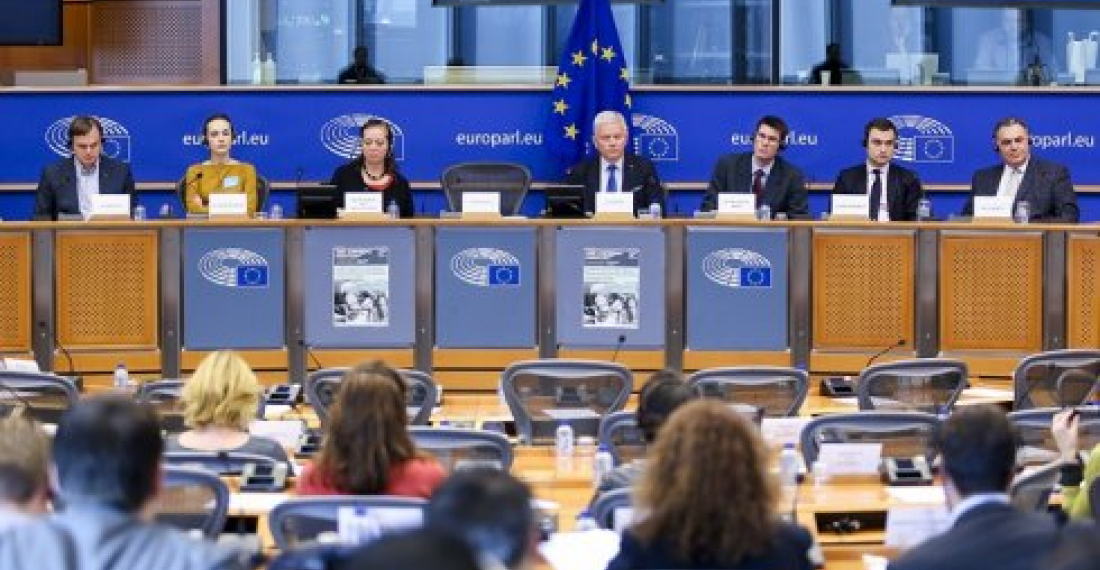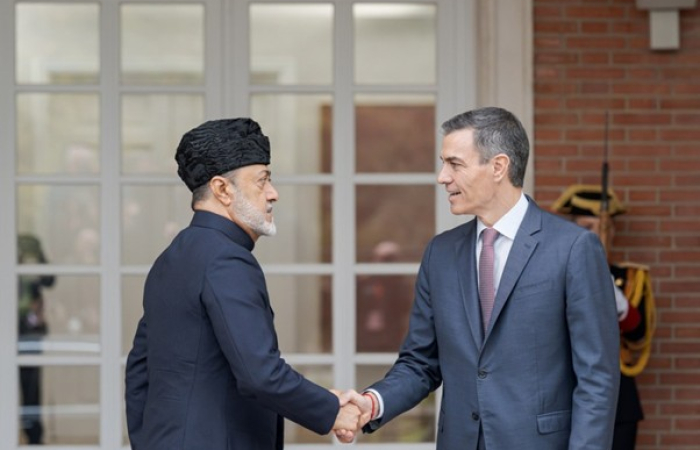The European Parliament focused on the human rights dimension of the unresolved conflicts in the Eastern Partnership countries during a conference held in Brussels on 8 December. The event was jointly organised by the Parliament's Human Rights Committee and the Delegation of the European Parliament to the Euronest Parliamentary Assembly.
In her opening remarks the co-Chair of Euronest, MEP Heidi Hautala pointed out that in five out of the six Eastern Partnership countries there were unresolved conflicts that were taking a toll on the countries and their people. What happened in the conflict regions was also not easily monitoried and therefore millions of European were not able to be protected by the human rights regime that existed for the rest of the continent.
Officials from the European External Action Service, the European Commission DG Near and the Council of Europe addressed the meeting held at the main Parliazment building in Brussels.
In the second part of the meeting the discussion focused in more detail on the unresolved conflicts in Ukraine and Georgia and the Nagorno-Karabakh conflict.
In his short report on the Nagorno-Karabakh conflict, the Director of LINKS (Dialogue, Analysis and Research) Dennis Sammut, said that it was necessary to balance discussions on the principles of territorial integrity and self-determination with more focus on the suffering of many hundreds of thousands of people who were either displaced by the conflict, or are caught in the conflict zone on both sides of the line of contact. Dennis Sammut called for the unhindered movement of persons who needed to be travelling in the region for humanitarian reasons, as human rights defenders, and as part of peace building programmes. He called on the European parliament to conduct a fact finding mission to the conflict region.
Members of Parliament Fuad Muradov (Azerbaijan) Tevan Poghosyan (Armenia) Rasim Musabekov (Azerbaijan) and Rovshan Rzaev (Azerbaijan) made short remarks during the discussion.
source: commonspace.eu
photo: The second panel during a discussion on the human rights dimension of the unresolved conflicts in the Eastern partnership countries at an event held at the European parliament on 8 December 2016. (picture courtesy of the European Parliament






